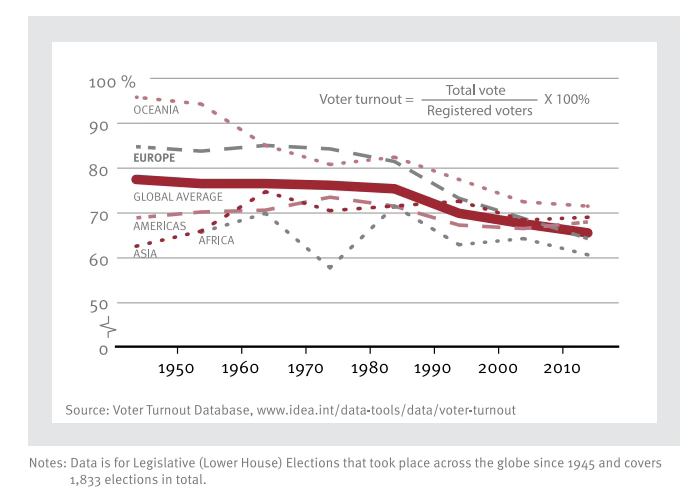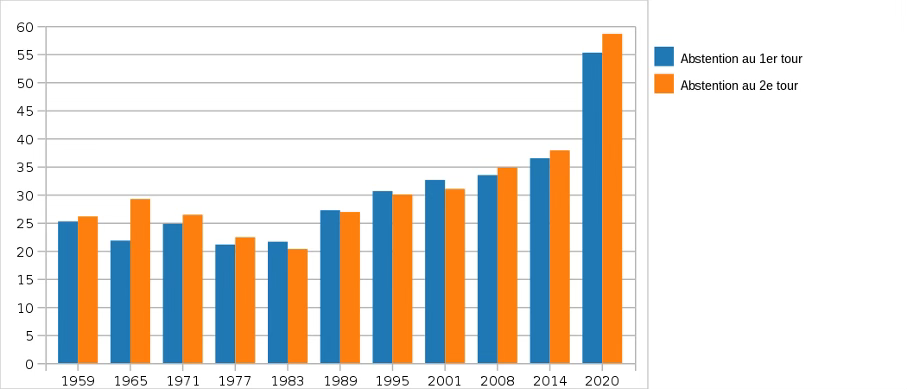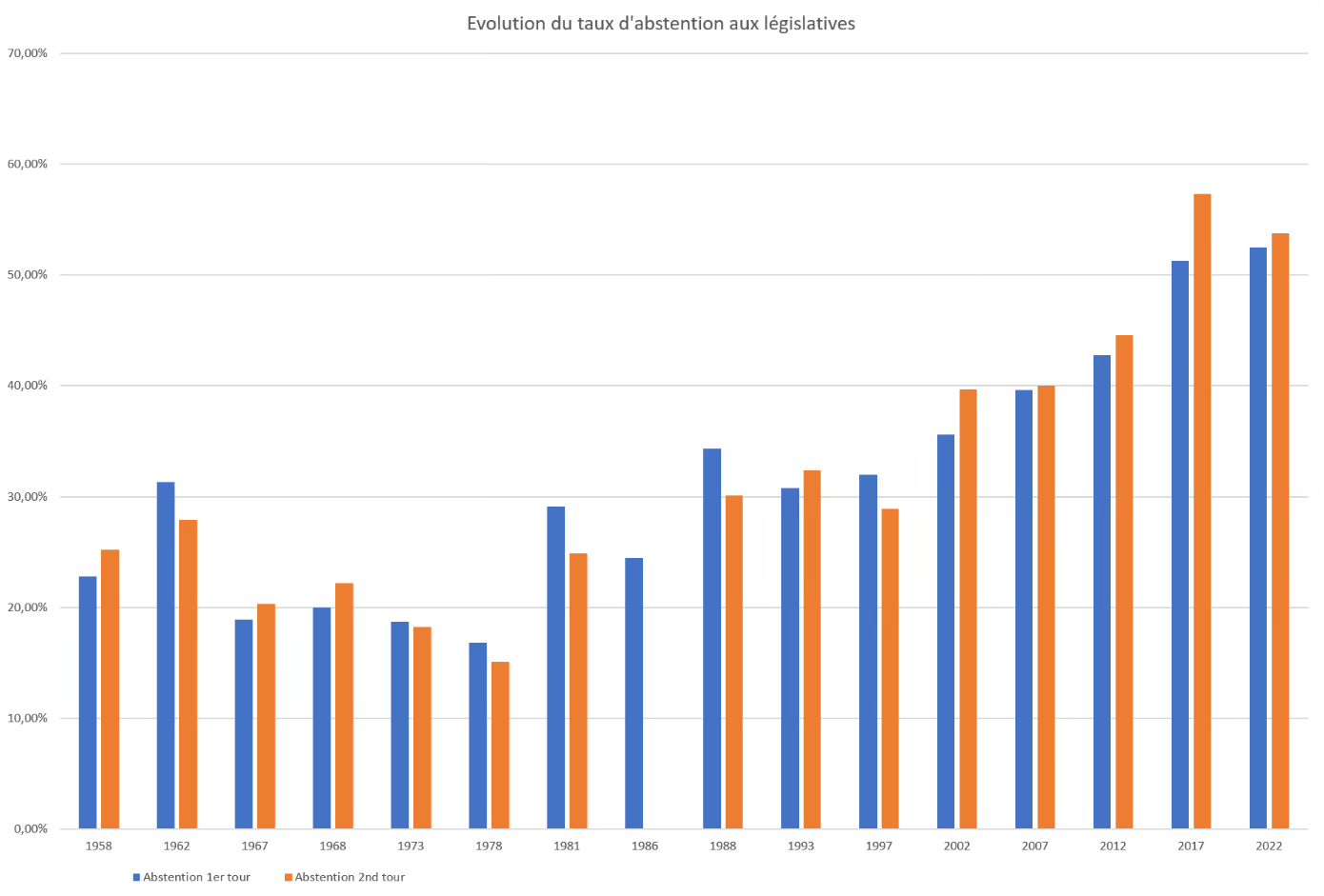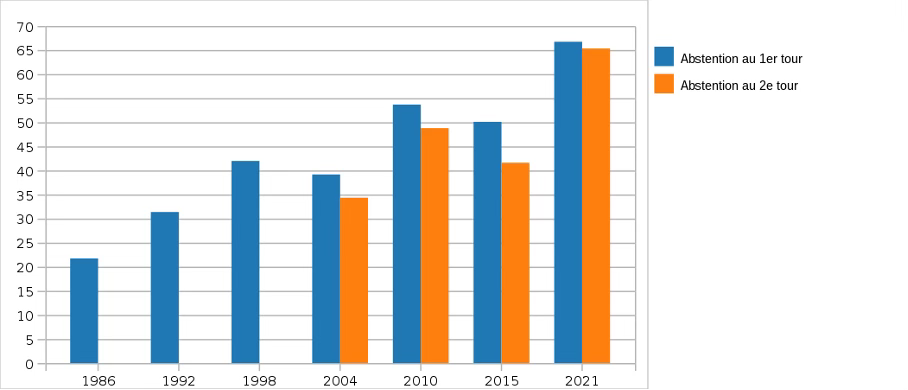Higher taxes and fewer services: the coming disorders
What happens when you pay more to have less ?
Note : After the 14-part series in which we looked at how nation-states are being disrupted by the Internet and globalization, here is the 4-part series on on why now is the worst time for them, of which this article is the 4th :
As we have seen, the overwhelming majority of developed nation-states are today in an extremely difficult financial situation: they are increasingly indebted, find it harder and harder to raise taxes, and the cost of their social services is soaring, not least because their populations are ageing and fewer working people have to support more and more pensioners.
So there aren't a thousand solutions - if they keep using the same methods as today, to avoid going bankrupt, nation-states will have to :
Increase their taxes
Reduce their services (like increase the retirement age, which seems inevitable)
And what happens when people are asked to pay more for less?
You generate discontent, of course.
And, of course, the more you ask people to pay, and the more you reduce the services offered in exchange, the more you run the risk of :
Generating revolts
Provoking an exodus of the intellectual and economic elite
Which exacerbates the problems even more.
It's at this point, in democracies, that populists begin to take power.
It's no coincidence: an increasingly desperate population is becoming more and more likely to give "last chance" hope to those who promise them exactly what they want to hear, even if their promises are unrealistic.
This is exactly how Hitler got elected, and many other populists before and after him.
Do you find that with Donald Trump in the United States, Boris Johnson in Great Britain, Giorgia Meloni in Italy, Viktor Orbán in Hungary, Andrzej Duda in Poland, Jair Bolsonaro in Brazil1 , and the rise of the Front National and France Insoumise in France, there are a lot of populist leaders and groups that have been brought to power in Western democracies lately?
This is not just an impression (numerous scientific studies show the reality of the phenomenon2 ), and it's only the beginning.
For their arrival in power is just one symptom among many of the deep malaise accompanying nation-states that are still making the same promises of the 20th century, but no longer have the means to do so.
Increasingly pronounced democratic disengagement
Voters are becoming increasingly aware of the powerlessness of their state to deliver on the promises they have been accustomed to, and in response are taking part less and less in elections, partly because they feel that it no longer serves any useful purpose: this is a form of acknowledgement of the increasing loss of power of states.
So, while between the 1940s and 1980s, global voter turnout remained fairly stable, rising from 78% to 76%, it fell rapidly in the 1990s to 70%, then continued to fall to 66% between 2011 and 2015, and is still falling.
In Europe, where voter turnout was highest between the 1940s and 1980s, the decline has been even more marked than elsewhere since the 1990s.
In Asia and the Americas, the trend is more stable, but participation has generally been below the global average since the 1940s3 .
You'll notice that voter turnout began to decline sharply in the mid-1980s and 90s, at exactly the same time as globalization and the Internet began to disrupt nation-states, and at the same time as tax rates began to fall due to tax competition between states.
Coincidence? I don't think so.
In France, this trend is just as marked as in most other European countries (and the rest of the world).
Judge for yourself with these graphs:
Abstention rate in municipal elections
The abstention rate in legislative elections
Abstention rate in regional elections
As for the presidential elections, they don't suffer as much from this phenomenon, not least because it's the election with the most media coverage.
But as you can see, for the other major elections, less than 50% of French people registered voters vote (!)
This clearly represents a great disaffection with political institutions.
What will the nation-states do?
The overwhelming majority of nation-states therefore have very little room for manoeuvre today: they are subject to exacerbated fiscal competition, have huge debts, exploding social costs, a demographic time-bomb about to blow up in their faces, heightened mistrust of democratic institutions, a heightened risk of revolt and structural weakness when populists come to power, all at a time when the Internet is completely undermining the fundamentals that have made them powerful, prestigious and legitimate.
So what are their means of action, apart from the conventional ones mentioned above?
As we shall see in later articles, and the book, they have two major avenues to explore:
1st way: Increasingly control what their residents do, via permanent digital surveillance and the use of AI and machine learning (China's way)
It's a temptation faced by virtually all countries, including the democratic ones, and especially (but not only) in the "land of the free", the United States.
And many of these countries are already on a (very) slippery slope towards generalized surveillance.
In addition to all the problems of civil and political liberties we'll be talking about, this poses another recurring problem: the implementation of all these measures diminishes the legitimacy and prestige of democracies, which further exacerbates many of the disruptions we've been talking about.
For what's the point of living in a democracy, or in your democracy, if it adopts the same surveillance methods as totalitarian governments?
2nd Way : Accept that their role will diminish and treat their residents more like customers
The nation-states that correctly analyze and adapt to the new paradigm we're entering will be the big winners.
The 1st key to understand is that the very important role in society that states have taken on over the course of the 20th century is 1) very recent in history, and 2) strongly linked to centralizing technologies that were born towards the end of the 19th century and reached their apogee in the middle of the 20th century, notably mass industry.
Here's a graph showing the evolution of the weight of government in the 20th century, measured by the public social spending as a share of GDP, for the G7 countries + Australia (this trend is the same for all other countries) :
And as these centralizing technologies lose importance to the decentralizing technologies spearheaded by the Internet, states can no longer be of the same size and importance in the 21st century as they were in the mid-20th century, unless they set up a Chinese-style system of totalitarian digital surveillance.
We’ll look first, in the next articles, at how even the democratic nation-states are exploring today the path of totalitarian digital control, then we’ll explore the less-explored path of how they could transform their role later.
In the meantime, feel free to follow Disruptive Horizons on Twitter, and join the tribe of Intelligent Rebels by suscribing to the newsletter :
The series on how this is the worst time for nation-states to be disrupted
This article is the 4rd in a series on the worst moment for nation-states.
Here are the first three articles in the series:
We could also add Erdoğan's transformation from democrat to... a little less democrat (and a little more populist), and the Brexit
For example, "The Rise of Populism and the Revenge of the Places That Don't Matter", Andrés Rodríguez-Pose, 2020, "Populists in Power Around the World", 2018; "Can the governance paradigm survive the rise of populism?", Gerry Stoker, 2019; "The Rise of Populism", George E. Marcus, 2021; "The Rise of Populism and the Crisis of Globalisation: Brexit, Trump and Beyond", Michael Cox, 2017, and so on. There are many more!
All these trends are taken from "Voter Turnout Trends around the World", Abdurashid Solijono, 2016










